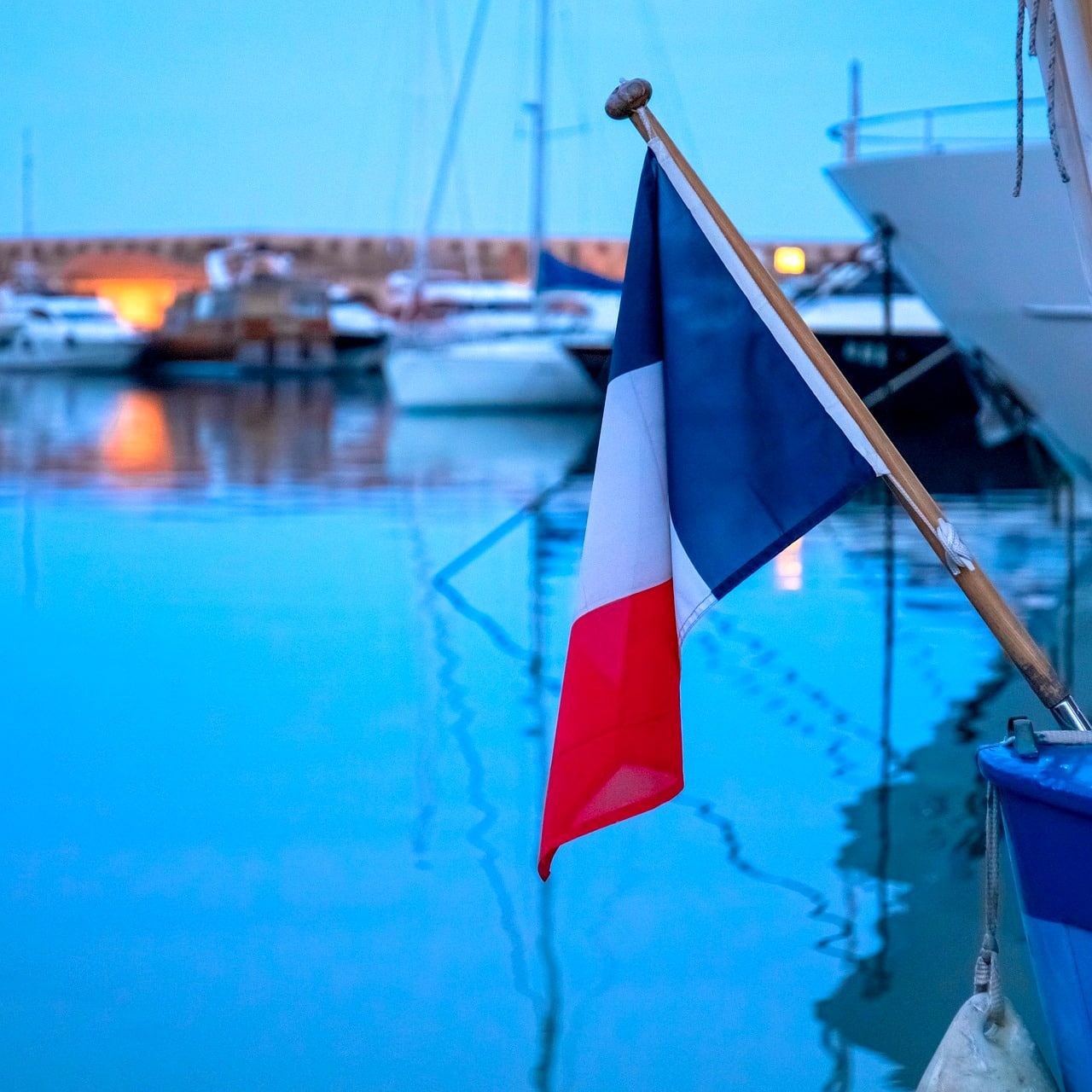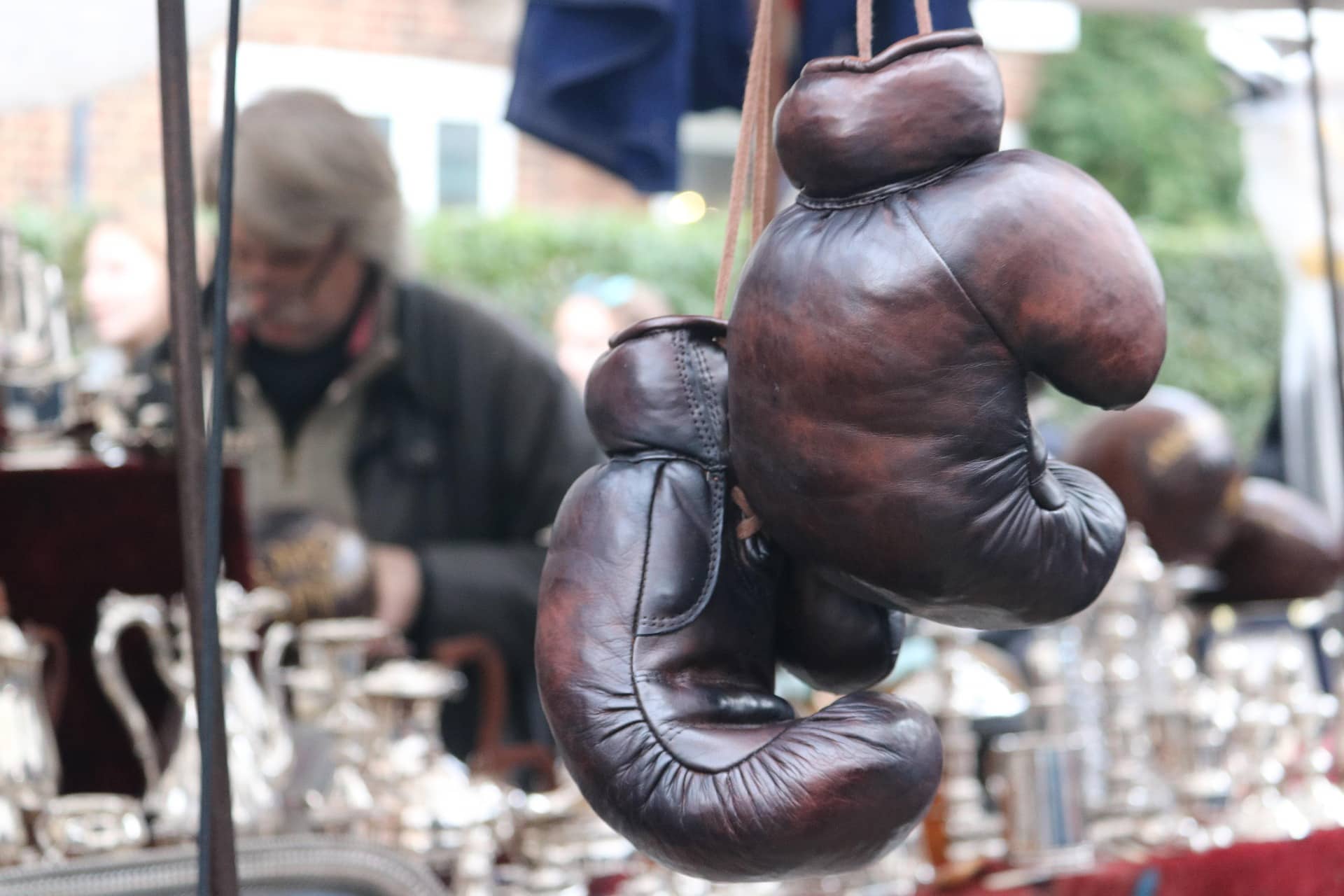The Art of Literary Translation
Here at Active Languages, we believe that translation is an art in itself but literary translation is the ultimate form of our art. Literary translators have the power to bring an author a wider audience, put them on the world stage and turn their words into quotes. Just take: “Abandon all hope, ye who enter here” from Dante’s Inferno, originally written in Italian (and suggested to go above many a headmaster’s door). If you’re thinking about having your publication translated or you’re a keen bookworm, read on to find out more about the art of literary translation.
What is literary translation?
Literary translation means translating works of poetry, prose, drama, non-fiction and songs. Literary translators have different challenges to overcome compared to translating factual information because of the inherent nature of literature itself: idioms, rhetorical devices, metaphors, similes, layers of meaning. Literary translators are sometimes described as “double agents” as they act in the best interests of both the author and the audience. Their work has to recreate a text and remain faithful to the original yet capture the reader’s attention.
Translating novels
Literature portrays human relationships and emotions through words; it’s the translator’s job to choose the right words to convey what the author wants to say. How much creative freedom do you have? How do you describe customs and traditions from another culture without bogging the reader down in history and explanations? Just take Cormac McCarthy’s meandering style: some call it poetic, others call it unconventional, but we can all agree it’s his signature. How would you go about capturing his style in a translation? Would you stay faithful to his dense run-on sentences even if it means losing the meaning behind the words in your native language? Now you can see why we call literary translation an art…
Translating poetry
Poetry is a whole other kettle of fish. Not only is every single word loaded, but you also have to deal with rhyme, assonance, sounds and imagery! Do you sacrifice the rhyme for the meaning? Can you use your own creative devices to give the poem a lift in your mother tongue? There are no rules in literary translation, but blurring the lines between creativity and integrity can result in a translation that isn’t as faithful to the original as it could be. The translator also has to have a clear understanding of the essence of the poem, whether it be a historical event or local custom, and bring that into play to ensure the audience has a clear understanding of the author’s intent. As you can tell, literary translation has a lot more involved in it than regular translation and there’s a lot more at stake. A poor translation risks putting its readers off the author!
Literary translators fighting for recognition
It takes translators just as long to translate a poem as it would for them to write an original piece in their own native language. They have to research the author, their background, the times they lived in (you wouldn’t use 21st century language in a translation of Dostoevsky’s 19th century novels) and the literary devices they use. Then, and only then, can they get to work translating the piece! Many literary translators are now campaigning for their names to appear on the cover of the books they have translated alongside the author. Why? Because if you don’t know the work has been translated, then you wouldn’t think about all the work that has gone into producing the translation in the first place. And translators deserve recognition for their craft. Recently, a translator called Yilin Wang said that she didn’t receive any credit or payment for translations of Qiu Jin’s work for an exhibition at the British Museum. It just goes to show how much translators and their hard work are taken for granted, with little understanding of the thought processes and craftsmanship that go into their art.
Literary translations
The good news is that in many good bookshops, like Waterstones, there are specific areas championing translated fiction be it classic or contemporary. There are awards celebrating translated literature, such as the University of Warwick’s Women in Translation Prize, which help put the spotlight on translators and their work. Just think: without translators, we would never have been able to read the likes of War and Peace, One Hundred Years of Solitude, My Brilliant Friend, The Girl with the Dragon Tattoo and more in our mother tongue. Can you imagine life without a good book? Neither can we. And we can’t imagine life without a good translator either.
Contact us for our range of study abroad options: French language courses for adults in France, Summer camps for Teens in England and in France, the Paris Saint-Germain Academy England football camps in the UK.




